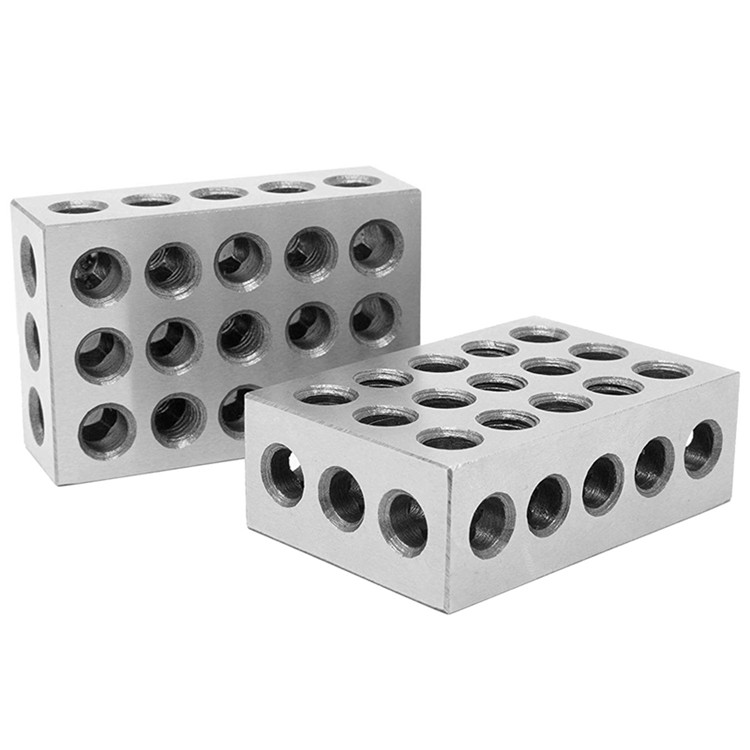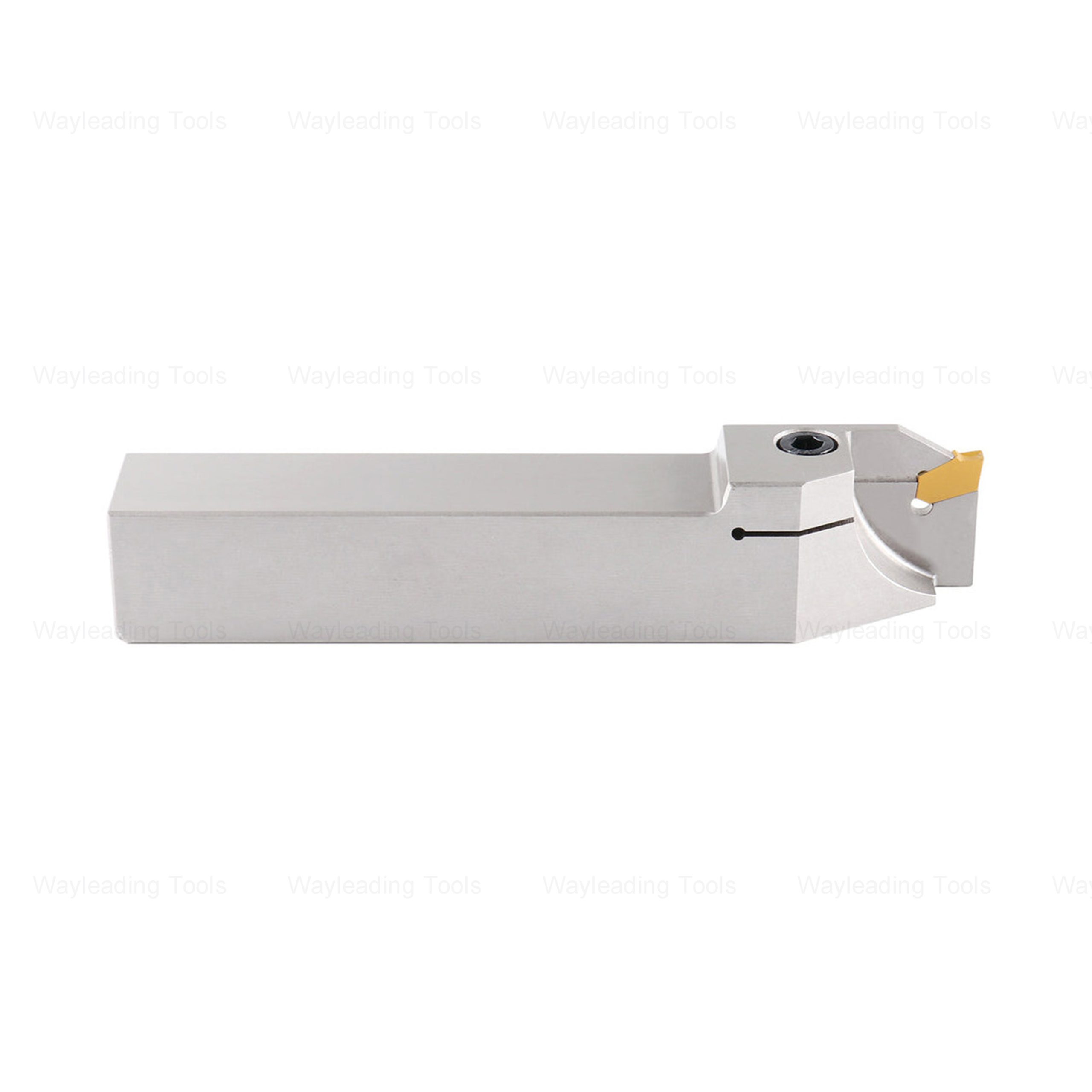hss turning tools Factories
High-speed steel (HSS) turning tools are essential for various machining operations. Choosing the right factory is crucial for ensuring quality and performance. This guide explores key factors in selecting HSS turning tools factories, covering manufacturing processes, quality control, material selection, and customization options.
Understanding HSS Turning Tools
What are HSS Turning Tools?
HSS turning tools are cutting tools made from high-speed steel, a type of steel alloyed with elements like tungsten, molybdenum, chromium, and vanadium. These tools are known for their hardness, toughness, and ability to withstand high temperatures, making them suitable for machining a wide range of materials, including steel, aluminum, and plastics. They are commonly used in lathes for turning, facing, boring, and threading operations.
Types of HSS Turning Tools
HSS turning tools come in various shapes and sizes, each designed for specific tasks. Some common types include:
- Roughing tools: Used for removing large amounts of material quickly.
- Finishing tools: Used for achieving a smooth surface finish.
- Threading tools: Used for creating threads on workpieces.
- Parting tools: Used for cutting off a section of a workpiece.
- Boring tools: Used for enlarging existing holes.
Key Factors in Choosing HSS Turning Tools Factories
Manufacturing Processes and Technology
The manufacturing processes used by a HSS turning tools factory significantly impact the quality and performance of the tools. Look for factories that employ advanced technologies such as CNC machining, heat treatment, and surface grinding. These technologies ensure precise dimensions, consistent quality, and optimal performance.
Specifically, ensure the factory employs processes that achieve:
- Consistent Hardness: HSS requires precise heat treatment to achieve the desired hardness (typically around 62-66 HRC).
- Accurate Grinding: The grinding process must be accurate to ensure the cutting edge is sharp and properly shaped.
Material Selection and Quality Control
The quality of the high-speed steel used in HSS turning tools is critical. Reputable factories use high-quality steel from trusted suppliers and have strict quality control procedures in place to ensure that the material meets the required specifications. They should be able to provide material certificates and test reports to verify the composition and properties of the steel. Wayleading Tools, a company focused on providing quality cutting tools, understands this and partners with factories using premium materials.
Customization Options
Many applications require custom HSS turning tools tailored to specific needs. A good factory should be able to offer customization options, such as different sizes, shapes, and coatings. They should also have the capability to design and manufacture tools according to customer specifications. Consider whether the factory offers:
- Special Grinds: Custom tool geometries for specific materials or applications.
- Coatings: Application of coatings like TiN, TiCN, or AlTiN to improve wear resistance and tool life.
- Sizes and Shapes: Non-standard sizes and shapes to meet unique requirements.
Certifications and Standards
Ensure that the HSS turning tools factory is certified to relevant industry standards such as ISO 9001. These certifications indicate that the factory has a quality management system in place and is committed to producing high-quality tools. Look for factories that adhere to standards for material testing and tool performance.
Top HSS Turning Tools Factories (Examples)
While it is impossible to definitively rank all factories, here are some (examples only) of well-regarded HSS turning tools factories known for quality and reliability. Please note that specific performance and offerings may vary.
- Sandvik Coromant: Known for high-performance cutting tools and innovative solutions.
- Kennametal: Offers a wide range of cutting tools, including HSS turning tools, for various industries.
- Mitsubishi Materials: Provides high-quality cutting tools with advanced technologies.
Evaluating Factory Capabilities
Before choosing a HSS turning tools factory, it is important to evaluate their capabilities and experience. Consider the following factors:
Experience and Expertise
Look for factories with a proven track record in manufacturing HSS turning tools. They should have a team of experienced engineers and technicians who are knowledgeable about the latest technologies and best practices.
Production Capacity
Ensure that the factory has sufficient production capacity to meet your needs. They should be able to handle both small and large orders and deliver the tools on time.
Customer Support
A good factory should provide excellent customer support, including technical assistance, product training, and after-sales service. They should be responsive to your inquiries and willing to help you with any issues that may arise.
Cost Considerations
The cost of HSS turning tools can vary depending on the material, size, complexity, and quantity. Get quotes from multiple factories and compare the prices. However, don't just focus on the price; consider the overall value, including the quality, performance, and durability of the tools. Sometimes a slightly higher initial investment can result in significant cost savings in the long run due to reduced downtime and improved productivity. The professionals at Wayleading Tools can help you find the best balance of cost and quality.
HSS Turning Tool Material Grades
Different grades of HSS offer varying levels of hardness, toughness, and wear resistance. Common grades include M2, M3, M4, M42, and T15. M2 is a general-purpose HSS, while M42 offers higher hardness and wear resistance. T15 is the hardest and most wear-resistant HSS, but it is also more brittle. The specific grade you need will depend on the material you are machining and the cutting conditions.
The following table provides a comparison of common HSS grades:
| HSS Grade | Typical Composition | Hardness (HRC) | Application |
|---|---|---|---|
| M2 | W-Mo-Cr-V | 60-63 | General purpose |
| M3 | W-Mo-Cr-V (Higher Vanadium) | 62-65 | Improved wear resistance |
| M4 | W-Mo-Cr-V (Higher Carbon & Vanadium) | 63-66 | High abrasion resistance |
| M42 | W-Mo-Cr-V-Co | 64-67 | High hot hardness |
| T15 | W-Cr-V-Co (High Tungsten & Vanadium) | 64-67 | Maximum wear resistance |
Source: Various Materials Science Handbooks
Conclusion
Choosing the right HSS turning tools factory is essential for ensuring the quality, performance, and reliability of your cutting tools. By considering the factors discussed in this guide, you can make an informed decision and select a factory that meets your specific needs. Remember to evaluate the factory's manufacturing processes, material selection, customization options, certifications, and customer support. Wayleading Tools can assist you in sourcing high-quality HSS turning tools from reputable factories, ensuring you get the best tools for your machining applications. Visit www.wayleading.com to explore our offerings.
Related products
Related products
Best selling products
Best selling products-
 Precision 1-2-3, 2-3-4 or 2-4-6 Block With 1 And 11 And 23 Or None Hole
Precision 1-2-3, 2-3-4 or 2-4-6 Block With 1 And 11 And 23 Or None Hole -
 Precision Digital Caliper Of With Metric & Inch Size For Industrial
Precision Digital Caliper Of With Metric & Inch Size For Industrial -
 Precision Magnetic Base With Fine Adjustment For Dial Indicator
Precision Magnetic Base With Fine Adjustment For Dial Indicator -
 Round Die Wrench For Thread Cutting Tools
Round Die Wrench For Thread Cutting Tools -
 Metric HSS 13mm Reduce Shank Drill Bit For Metal Cutting Of High Precision
Metric HSS 13mm Reduce Shank Drill Bit For Metal Cutting Of High Precision -
 QA Grooving & Cut-Off Tool Holder
QA Grooving & Cut-Off Tool Holder -
 HSS Inch 4 Flute End Mills With Bright Or TiN And TiAlN Coated
HSS Inch 4 Flute End Mills With Bright Or TiN And TiAlN Coated -
 3 Flutes HSS Chamfering Countersink Drill bitl With 60 And 90 Degree
3 Flutes HSS Chamfering Countersink Drill bitl With 60 And 90 Degree -
 Precision Outside Micrometer Of Inch & Metric With Rachet Stop
Precision Outside Micrometer Of Inch & Metric With Rachet Stop -
 5C Round Collet With Inch and Metric Size
5C Round Collet With Inch and Metric Size -
 Precision Monoblock Vernier Caliper – Metric & Inch, Industrial Use
Precision Monoblock Vernier Caliper – Metric & Inch, Industrial Use -
 MT-APU Drill Chuck Holder With Keyless Type
MT-APU Drill Chuck Holder With Keyless Type









